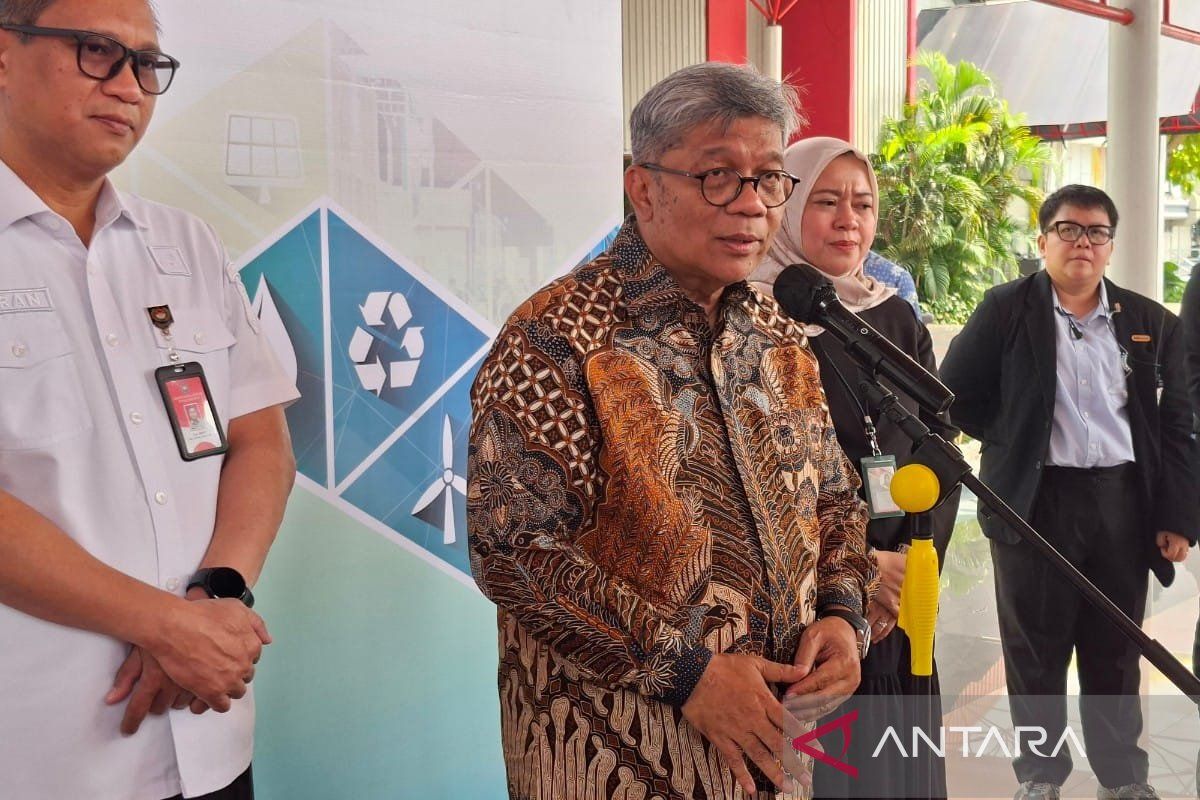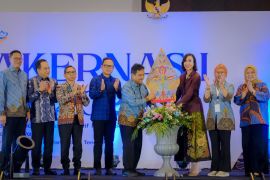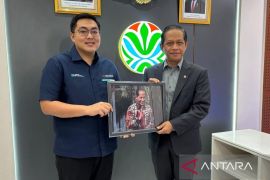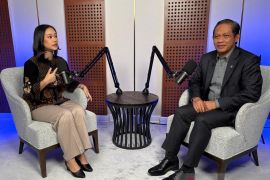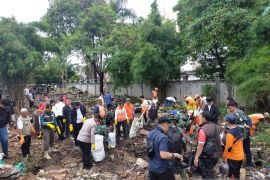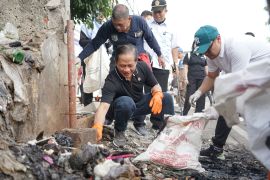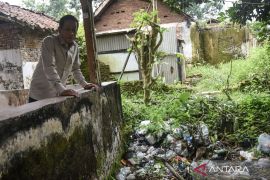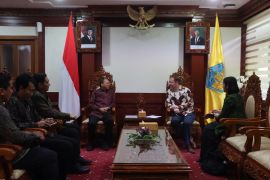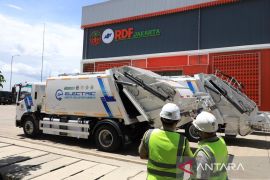“Referring to the directive of President Prabowo Subianto, the waste problem must be 100 percent controlled by 2029,” the ministry’s Deputy for Waste, Hazardous Waste, and Toxic Materials Management Ade Palguna Ruteka said here on Wednesday.
This target has also been outlined in the 2025–2029 National Medium-Term Development Plan (RPJMN). To support the target, and in compliance with the Waste Management Law, the use of open dumping systems at final processing sites (TPA) has been prohibited.
“The Minister of Environment has issued a decree addressed to 343 regional heads, instructing them to shut down open dumping practices and transition to at least controlled landfill systems,” Ruteka said.
Related news: Kupang, GIZ Germany partner on sustainable waste facility
In addition, starting this year, new assessment criteria have been devised for the clean city “Adipura” award: one, the city should have no illegal temporary waste processing sites (TPS), and two, its TPAs should use a controlled landfill system.
Further, under the environmental performance rating program or PROPER, companies and industries now need to process at least 60 percent of their waste to avoid a red rating.
A red rating is given to companies and industries with less-than-optimal environmental management.
“The ministry is pushing for improved waste management through law enforcement,” Ruteka emphasized.
To ensure improved waste management at the grassroots level, Environment Minister Hanif Faisol Nurofiq has tasked echelon II officials at the ministry with mentoring at least 10 districts/cities each.
He said that the officials will monitor, formulate measures, and take necessary actions to resolve waste management issues in the regions under their supervision.
Related news: Regions urged to carry out environmental management as investment
Translator: Aji, Kenzu
Editor: Rahmad Nasution
Copyright © ANTARA 2025
